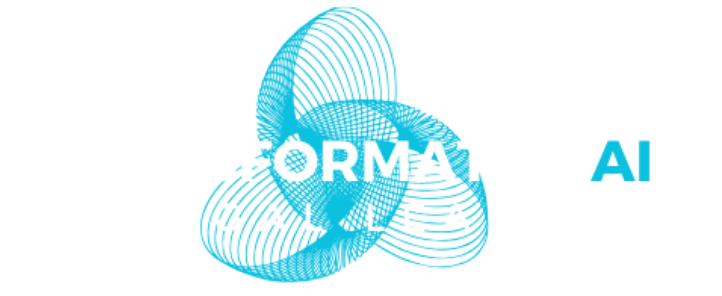Welcome back to Transformative AI: Legal Leaps. In a recent installment, we detailed the current federal regulatory environment specifically with regards to AI. The absence of regulatory teeth at the federal level (at least compared to the EU’s AI Act) does not mean that the United States is a Permissionless AI innovator’s utopia. As is the case with regard to states outpacing the federal government when it comes to comprehensive data privacy regulation, states are similarly stepping up to fill the legal vacuum when it comes to AI.
Much of the current regulation of AI by the states comes from comprehensive data privacy legislation. Of the seventeen states that have enacted such laws as of the date of this piece’s publication, fifteen states’ laws regulate AI by giving consumers the right to opt-out of the use of their personal data for “profiling,” which is typically defined to mean the “automated processing” of personal data “to evaluate, analyze or predict” characteristics of a person’s “economic situation, health, personal preferences, interests, reliability, behavior, location or movements.” You can read more about profiling here.
Outside of the data privacy realm, over a dozen states passed other laws related to AI in 2023. Most, if not all, were relatively modest in scope, with effects ranging from North Dakota clarifying that AI is not a person, to Michigan requiring that political advertisements contain a disclosure if they were created wholly or substantially by AI. Many states have created government commissions or boards to study AI, often examining the way AI can safely be incorporated into governing. For example, Connecticut established an “Office of Artificial Intelligence” to help develop policies and procedures for procurement, development, and use of AI by state government bodies, while Maine implemented a six-month moratorium on the use of generative AI by its state agencies.
Legislative activity in statehouses in 2024 has demonstrated the states’ appetite to regulate AI while simultaneously highlighting that, at least for now, consensus on the scope of such regulations remains elusive. Legislators in at least 40 states have introduced dozens of AI-focused bills thus far in 2024. The proposed AI-related laws seek to address myriad topics, many targeting specific use cases for AI. Major areas of focus by state legislators include algorithmic discrimination, the use of AI in hiring and employment contexts, establishing rights for citizens related to AI, and the creation of AI-focused “working groups.” Additionally, spurred by concerns related to the potential for abuse of AI during the upcoming 2024 general election, a number of statehouses have considered bills promoting election integrity by prohibiting deepfakes and deceptive usage of AI in campaigning. Some proposed statutes have been narrower in scope: Utah recently enacted a law requiring disclosures related to the use of AI in only limited circumstances: businesses subject to any law or rule enforced by the Utah Department of Commerce and individuals working in certain regulated occupations. You can read more about Utah’s law here. Other states’ efforts, however, are far more ambitious. While Connecticut’s attempt at comprehensive AI regulation recently collapsed in the face of a threatened veto, on May 20th Colorado’s governor signed the Colorado Artificial Intelligence Act (“CAIA”) which broadly prohibits any algorithmic discrimination and delineates various risk categories for AI products, with the highest risk category receiving the greatest scrutiny.
Though the specific contours of states’ attempts at AI regulation remain nebulous, absent broad federal AI legislation with preemptive power, the current trajectory suggests that the United States is headed toward an eventual patchwork landscape similar to what we are now seeing in the consumer data privacy context. There is, however, another important non-governmental force at play here – industry self-regulation. In an upcoming post on Transformative AI: Legal Leaps, we will discuss how self-regulation by the AI industry itself has and will continue to play a major role in shaping the development of AI.







